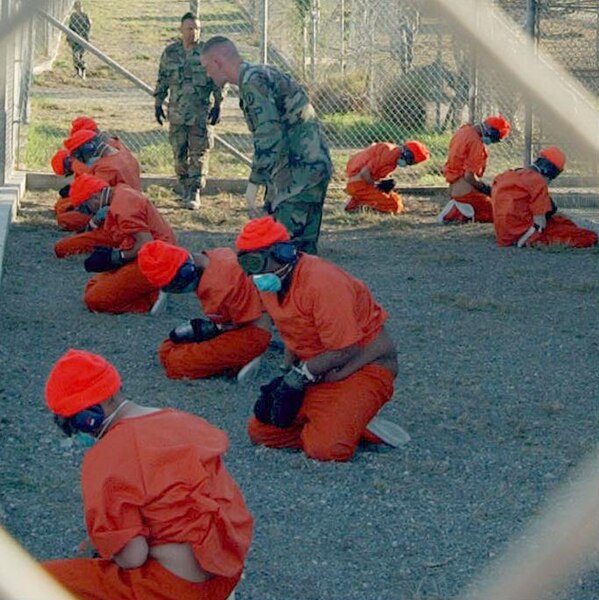I'm feeling pretty exposed having started this blog prematurely, by myself, not knowing much about the subject, with no time to do stuff, and no crew to back me, taking fire from a lot of people. I thought I'd recruited another member, but I've had nothing from him.
Since I'm at a learning stage, I'm just going to lay my thought processes bare on some stuff. An interesting thing happened last month. The leaders of the Anglosphere simultaneously decided to float the possibility of a French-style nuclear-based energy policy. Australia, with a massive proportion of the world's available uranium must play a key role in this strategy.
Some on the left have been arguing that this move has something to do with opposition to renewable energy at all costs. I can't see where such opposition would come from. Of course, there is massive and organised opposition from the other energy producers, nuclear among them, but I can't quite see that they'd have that much lobbying strength. The oil lobby, yes, but what do they get from going nuclear? And governments would get a huge public relations bonus from doing something as cuddly as using renewable power-generation.
Rather, I tend to think this has two broad motivations. Firstly, the actual exhaustion of fossil fuel reserves and concomitant rising prices. Secondly, the fact that most fossil fuel reserves are difficult to get at and in politically dubious regions like Iran and Russia. Blair may also be worried about Kyoto, having signed it, but we know Bush and Howard aren't, since they haven't.
The strategically superior resources are those from the Anglo-Saxon territory in Canada and Australia.
I don't know about Canada on this front, but in Australia there's a minor bump in the road in the form of indigenous land rights claims, which might give the residual non-European other a say in who gets to mine what where. This is of course intolerable, and these picaninnies are no match for the Coalition of the Killing. If a million Iraqis with RPGs can't stop them looting their oil, how's a hundred thousand of petrol-sniffing fuzzy-wuzzies going to do it?
The Howard government has been engaged in a somewhat populist assault on the gains of indigenous people for ten years now. The latest permutation, which suspiciously came at the same moment as the announcement of the new mulitlateral energy policy shift, is a bona fide moral panic about the great black beast of our times, paedophilia, going on in autonomous Aboriginal communities. Not in urban Aboriginal communities, apprently, but only the remote ones.
Of course, I don't know whether paedophilia is going on to a vast extent in remote communities. Certainly, paedophilia or no, people in those communities have a lot of problems. Which is to say, they themselves aren't happy, not that they don't measure up to my standards of civilised behaviour. I measure up to those and I'm not happy either.
The solution to these problems, it has been suggested by several Liberals, is to make the white man's law absolute in these communities, claiming that the problem is relativism, and that our white law is inherently appropriate, and should be brought to bear with the full force of white men's guns and capsicum spray. Like East Timor, only closer.
The tendency here is clear. It's a tendency towards assimilation. Most Australians want blackfellas to be like them, not aspire to live separately speaking their own languages and practicing their savage customs, but living in massive urban areas, saving up to buy sports utes.
There is of course an entirely opposite alternative, not mooted. This is that the problem is too little autonomy, not too much. That the problem is that Aboriginal remote communities are descended from missions where Aborigines were forcibly settled, destroying their culture and ties to their land. That the problem is a continuing lack of land rights, which remove dignity. That the problem is that black people know and see and feel the fact that order in their communities is kept by a few white outsiders with guns. That they know and feel and are touched and probed and prodded by white medical staff with all the best intentions, suffering the indignity of seeing their lives, which are in fact artificially shortened by drugs introduced by whites, apparently kept going by dint of the efforts of whites with special knowledge to which Aboriginal culture cannot aspire.
Just some points for thought and discussion.







